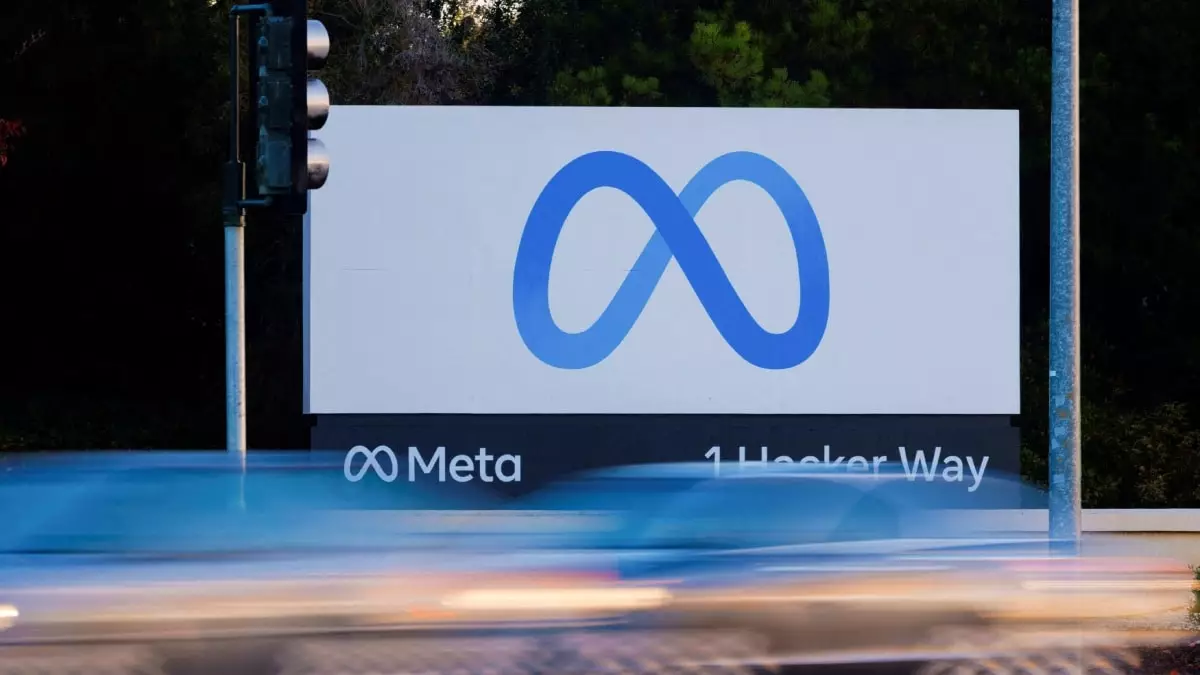Recent developments have put Meta, the parent company of Facebook and Instagram, under scrutiny from the Brazilian government following significant shifts in its fact-checking operations. Solicitor General Jorge Messias announced that the government demands an explanation from Meta by Monday regarding notable changes to its fact-checking program. This directive comes in the wake of Meta’s decision to dismantle its U.S. fact-checking initiative and ease restrictions on discussions surrounding contentious topics, notably immigration and gender identity.
The Brazilian government’s apprehension is palpable, as expressed by Messias, who characterized Meta’s strategy as reminiscent of an “airport windsock” – prone to fluctuations depending on prevailing circumstances. This metaphor encapsulates the frustration felt by Brazilian authorities searching for stability in the policies governing social media platforms, which play a pivotal role in shaping public discourse. The inconsistency highlighted here raises substantial questions about the reliability of information disseminated through these platforms, especially during essential socio-political discussions in Brazil.
Messias’s comments resonate with the broader theme of accountability in the digital space. Citizens rely increasingly on social media to inform themselves on critical issues, and sudden shifts in fact-checking could jeopardize the public’s access to verified information. The fear is that without rigorous scrutiny, misinformation could proliferate, leaving Brazilian society vulnerable to deceptive narratives.
In a parallel reaction, President Luiz Inacio Lula da Silva condemned Meta’s modifications as “extremely serious,” prompting immediate action to address the implications for Brazilian users. The urgency conveyed in the president’s response underscores the recognized power of tech companies in influencing societal debates and highlights the government’s role in ensuring that these platforms uphold standards that protect the integrity of information.
The government’s meeting to discuss this issue indicates a proactive approach to managing the potential fallout from Meta’s recent changes. This reflects a growing trend among governments worldwide to regulate social media giants, advocating for responsible practice in how these companies manage news and information.
As the deadline approaches, the implications of Meta’s alterations may extend beyond Brazilian borders. With CEO Mark Zuckerberg candidly admitting to “too many mistakes and too much censorship,” the discourse surrounding fact-checking and transparency is likely to evolve. While it has been made clear that these changes will initially affect only the U.S. market, the ramifications could ripple into other regions, especially those already grappling with misinformation challenges.
The Brazilian government’s assertive response not only reflects its commitment to protecting its citizens’ access to trustworthy information but also sets a precedent for how other nations might respond to similar situations. As global conversations on digital accountability intensify, Meta and similar organizations must consider their roles seriously, aligning operations with public expectations and the democratic principles that underpin society.
Brazil’s investigation into Meta’s revamped fact-checking strategy signals a pivotal moment for policy discourse in the digital age. Through accountability and cooperation, a pathway can emerge toward improved governance of social media, ensuring that the socio-political fabric remains intact and robust.


Leave a Reply